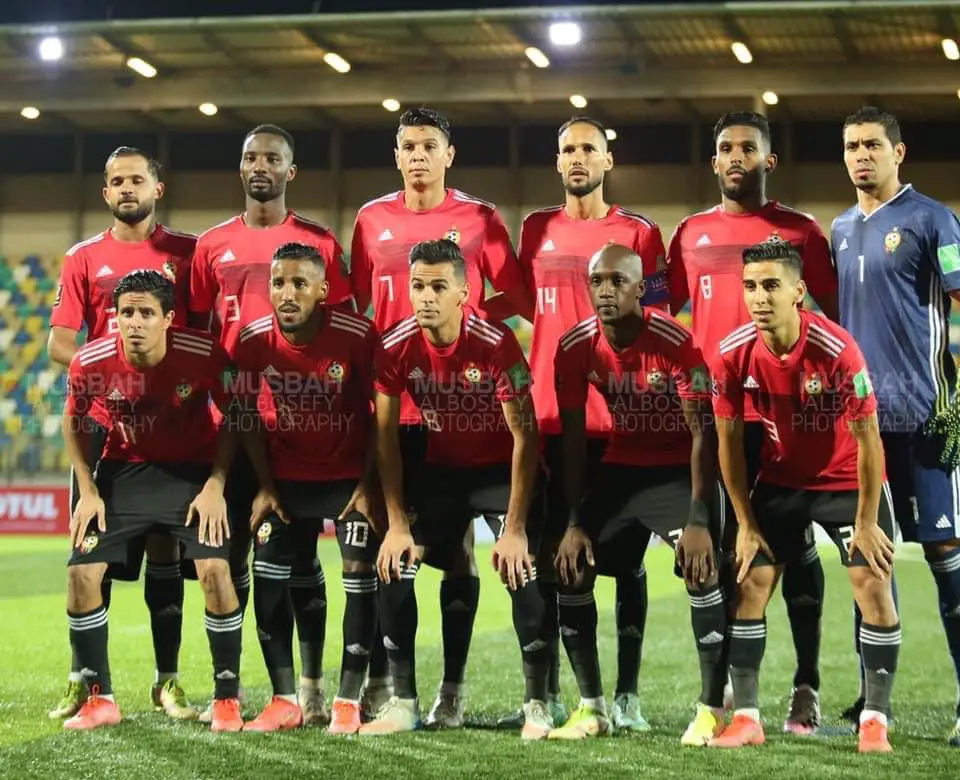There are expectations that the Abidjan-Lagos highway project will promote economic growth given its ability to connect individual states and also facilitate trade and mobility.
Representatives from the countries involved in the project, including Nigeria, Cote D’voire, Togo and the Benin Republic, stated this at the 21st steering committee meeting of the Abidjan-Lagos Corridor highway development project hosted in Lagos.
Francis Asenso, Minister of Road and Housing, Ghana, stated that the trans-West African highway upon completion would promote trade, tourism and social interaction and further unite and connect Africans.
Read also: DBN 5th annual lecture to focus on economic growth for MSMEs
“We all understand the critical importance of infrastructure, especially roads, in the economic development of countries. Road infrastructure plays a vital role in connecting communities which, in turn, promotes trade, tourism, and social interactions.
When countries are well-connected through roads and bridges, economic activities flourish. For example, in the United States, one of the keys to their economic growth is their ability to connect individual states, facilitating trade and mobility,” Asenso said.
According to him, the same principle applies here in Africa as the continent aims to connect important West African countries through the trans-West Africa highway. “There’s no doubt that this highway will accelerate socio-economic development in the countries involved.
Once completed, it will transform economic development by enabling the efficient movement of goods and services, promoting trade, and increasing mobility and accessibility. This will ultimately contribute to enhanced economic growth across the region,” he said.
On the level of commitment towards the completion of the project, Asenso said that Ghana’s commitment to the integration of West Africa was a testament to their commitment to seeing the project completed.
“Ghana has been a partner in regional development since its independence and was among the founding members of ECOWAS, with leaders like Nkrumah and other prominent presidents playing key roles in the region’s economic integration.
Ghana’s commitment to the economic integration of West Africa is unwavering, and this project is a testament that our dedication to this highway project is total, and we are working tirelessly towards its realisation. This project is integral to the vision of a more economically integrated West Africa, and we remain fully committed to seeing it through to completion,” he assured.
Dave Umahi, Nigeria’s Minister for Works, outlined the levels of leadership involved in the project aside from ECOWAS, explaining that the project operates with two levels of leadership starting from the expert committee, which consists of directors of works and road infrastructure from the five participating countries led by the director of Works and Planning from Nigeria’s Ministry of Works.
Read also: FCT-IRS to back entrepreneurs for economic growth in Abuja
The second level of leadership, according to him, is the Ministerial Screening Committee, which is the ultimate decision-making body made up of ministers from the five countries and chaired by Nigeria’s minister of works.
He added that there’s a technical committee, which comprises engineers and road designers.
“Their role is to review the technical aspects in detail. For example, last week on Tuesday, we reviewed the road design, and the consultants who worked on the design presented their work. The designs were screened, accepted, and validated, with some adjustments pending.
This information is then reported to the ministers for further review, where they provide their input and make final quality assessments,” Umahi said.
.png)
 2 hours ago
6
2 hours ago
6










 English (US) ·
English (US) ·